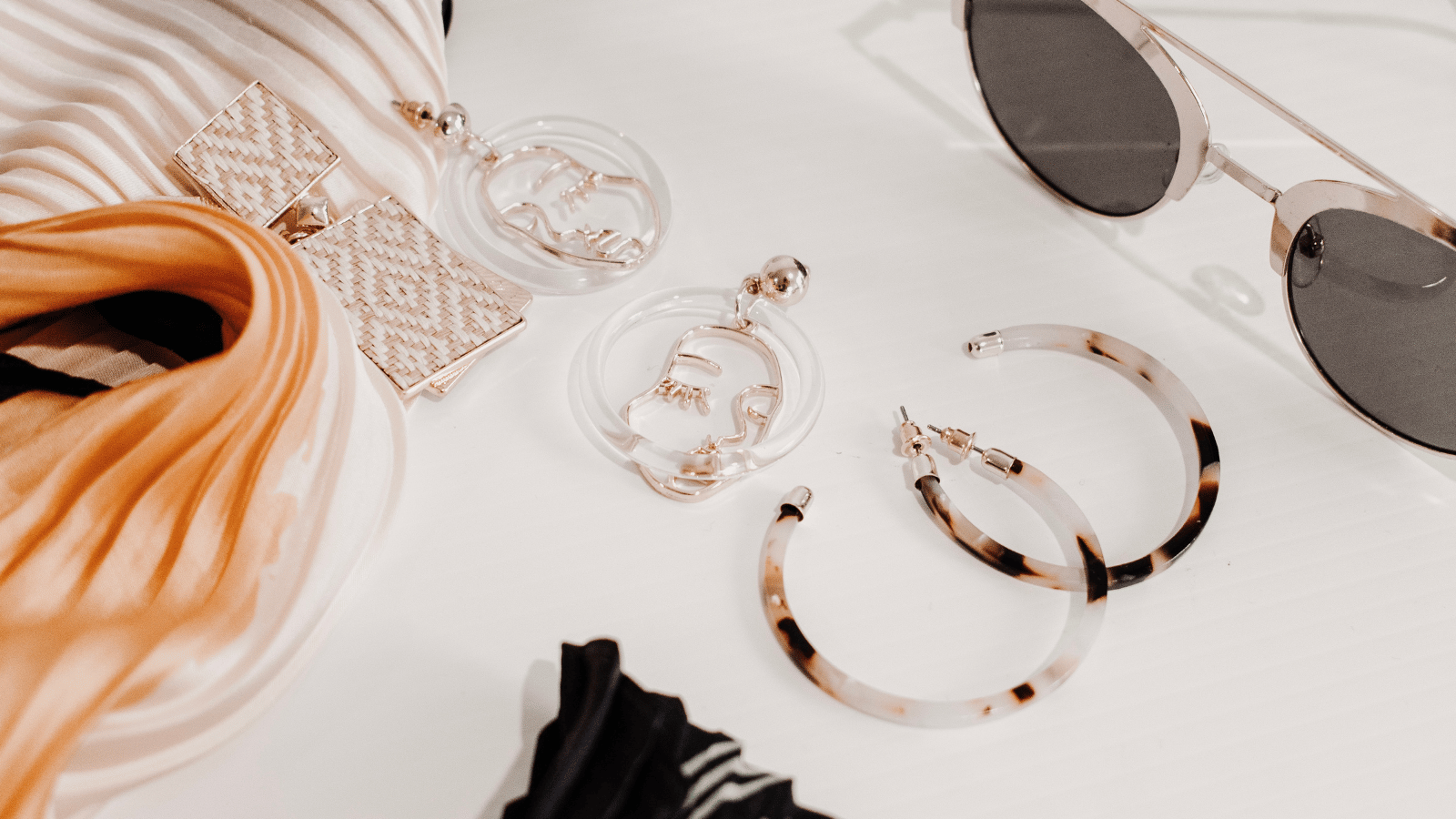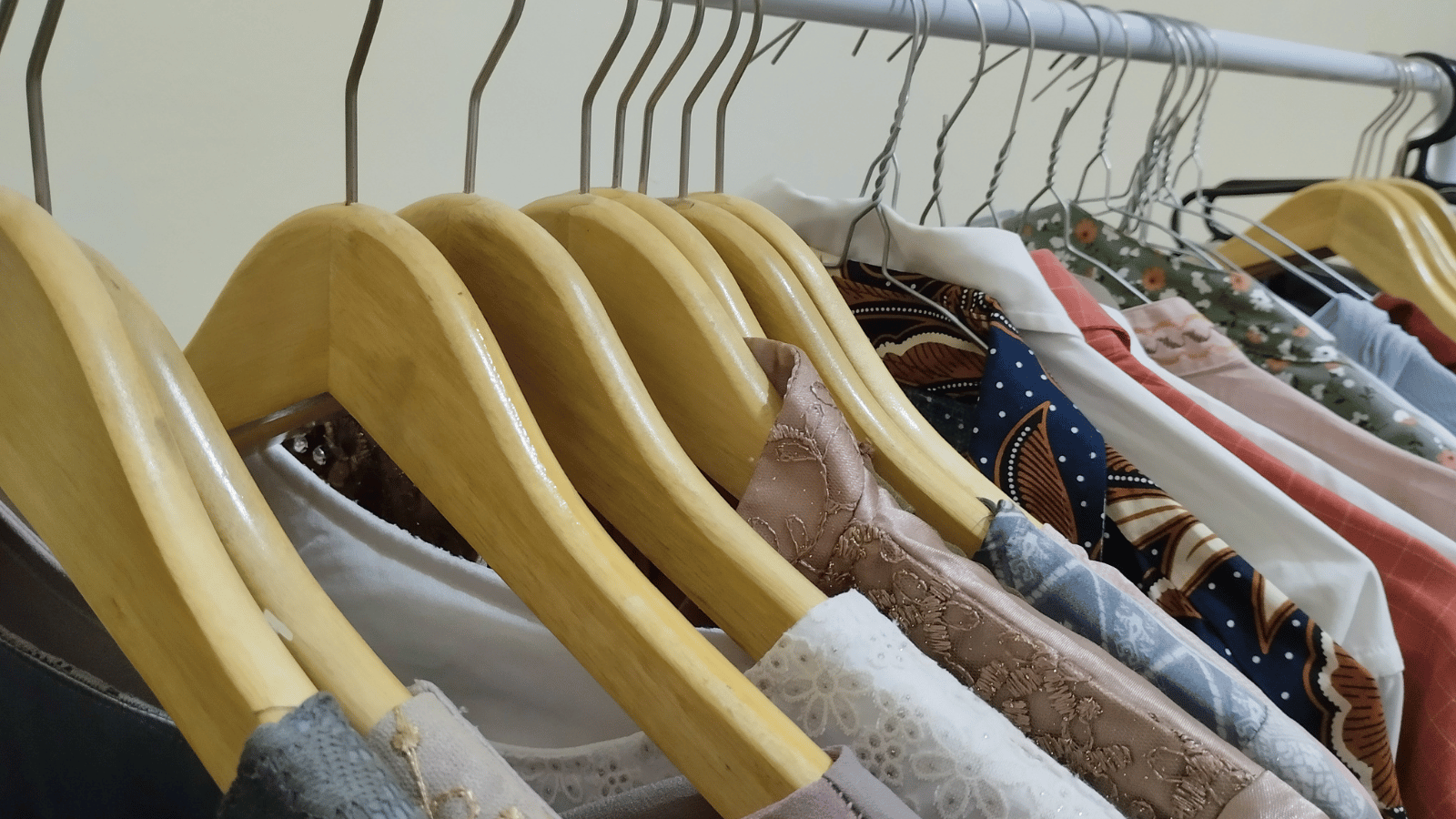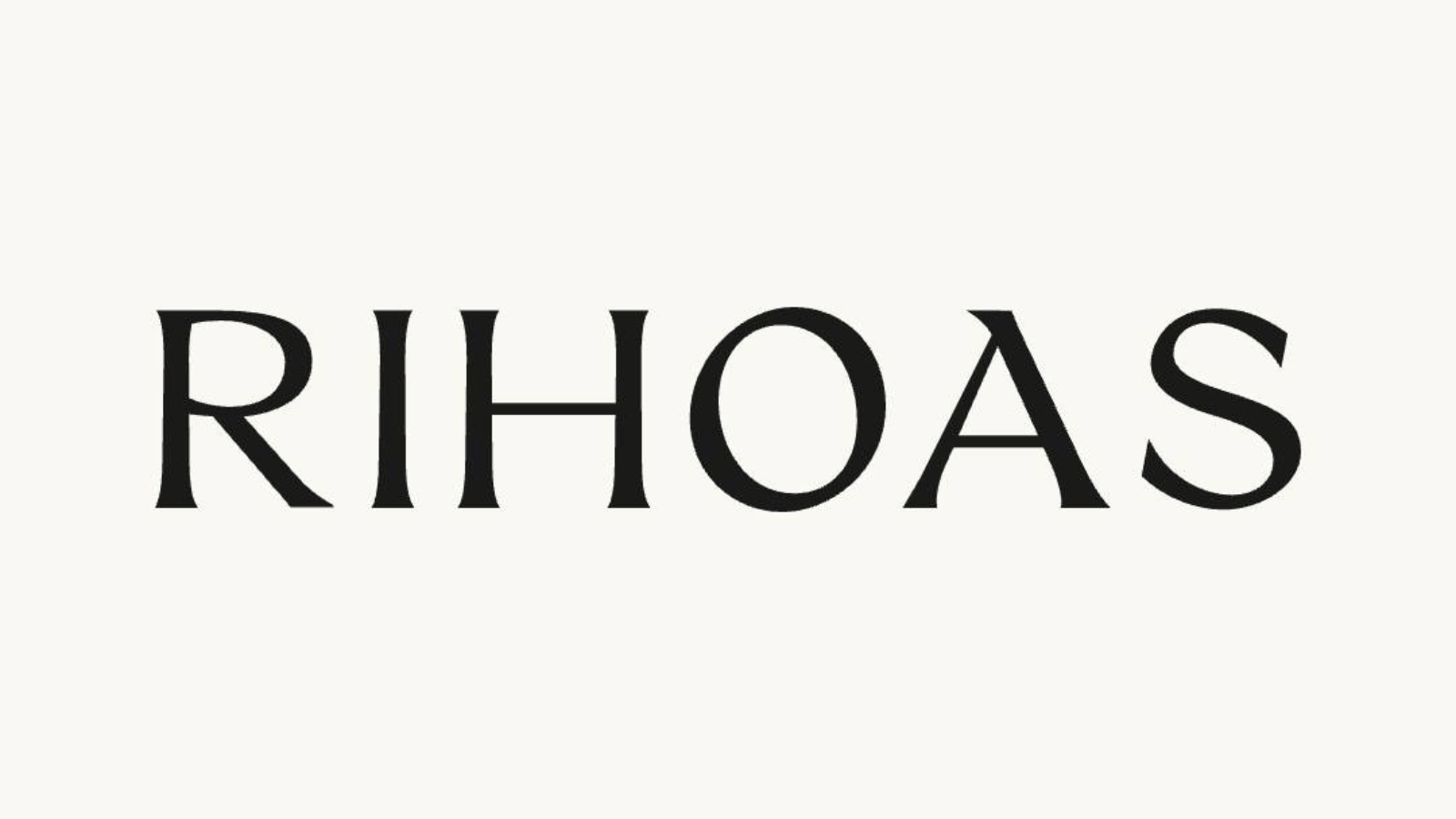When you see a website offering trendy dresses at very low prices, you might wonder: is Rihoas fast fashion? That question is absolutely worth asking. Fast-fashion brands are typically defined by rapid production cycles, low prices, and frequent collections that mirror runway trends.
The question of whether Rihoas qualifies touches on several areas: how it sources fabrics, how quickly it turns designs into product, how long-lasting the garments are, and importantly, whether it embraces the sustainability and ethical concerns that critics of fast fashion raise. In this blog we’ll take a conversational but well-researched look at Rihoas, examine the evidence for and against the claim that it is fast fashion, and draw a balanced conclusion.
What Defines Fast Fashion?
Before we dive into Rihoas, we should clarify what fast fashion really means. Fast-fashion brands produce clothing quickly and cheaply, often copying trends from runway or street style, turning them into affordable garments for mass market consumption.
The emphasis is often on quantity, speed, and cost rather than on durability, material sustainability, or ethical labour practices. When asking is Rihoas fast fashion, we therefore need to look at how it scores on speed of trend-turnaround, price, product longevity, transparency of supply chain, and brand ethos.
The Brand’s Profile: Who is Rihoas?
Rihoas describes itself as a fashion brand born from the desire of three women to make clothing that feels comfortable and elegant. According to the brand profile, its research and development team sources thousands of fabrics and patterns to find the right combinations for aesthetics and comfort.
The brand is based in Hong Kong (though some sources list manufacturing or shipping hubs in China) and offers a range of garments including dresses, blouses, pants, swimwear and accessories. The brand also states that around 20% of its fabrics are “sustainable”, though the rest are not clearly defined. So the profile is of a brand aiming for “affordable elegance”.
Price, Trend Speed and Product Volume
Now when we examine is Rihoas fast fashion, let’s look at price and trend. Many reviewers describe Rihoas garments as budget-friendly, with styling that follows current fashion trends, vintage inspired, romantic, Paris-cinema style.
That in itself suggests some alignment with fast fashion: low cost + trend responsiveness. If a brand is continually releasing new styles, dropping many SKUs, and doing so affordably, that is one of the hallmarks of fast fashion.
Material Quality, Sustainability, and Longevity
Another key aspect is durability and how a brand handles sustainability and ethical practices. For the question is Rihoas fast fashion, this is where there is more nuance. On one hand, some sources note that Rihoas uses some sustainable fabrics and tries for quality. For example, the brand claims 20 % sustainable fabrics.
On the other hand, reviews are mixed. Many customers praise the look and affordability, but others complain about inconsistent sizing, thin materials, and difficulties with return/refund. This suggests that while the brand may aim higher, it still shows characteristics similar to fast fashion: budget fabrics, variable quality, and less durability.

Business Model and Ethical Considerations
Next, for is Rihoas fast fashion, we need to consider the business model and ethical implications. A fast-fashion model typically encourages over-consumption (frequent purchases of low-price items), uses large volumes of production, and may compromise on environmental or labour standards. Rihoas appears to offer wide choice at low cost, but the question of production scale, factory conditions, and labour practices remains murky.
Reviews on platforms like Trustpilot and Reddit raise concerns about sizing accuracy, shipping issues, and returns. For example:
“Sizing a little weird … they aren’t too responsive to their emails … the pieces tend to be smaller than indicated.”
The presence of these complaints suggests that the brand may be operating more like a low-cost volume business than a high-craft bespoke model.
Thus ethics and transparency are key. The brand uses some sustainable fabrics, yes, but without full transparency it is challenging to claim high ethical credentials. Therefore this aspect leans toward fast-fashion characteristics.
So, Is Rihoas Fast Fashion?
Given the evidence, a balanced answer to is Rihoas fast fashion is: Yes, it exhibits many of the hallmarks of fast fashion, though perhaps not perfectly identical to major global fast-fashion giants. It offers trendy styles at low cost, likely moving designs quickly, uses budget friendly materials, and maintains a consumer base that purchases for style rather than longevity.
Its transparency and sustainability practices are weaker than a “slow-fashion” or premium ethical brand. On the flip side, the brand does appear to make some effort at better fabrics and some sustainable content, which differentiates it slightly from the lowest cost ultra-fast-fashion players.
Therefore, if you were choosing labels: on one end you have luxury slow-fashion with high price, craftsmanship, transparency. On the other end you have ultra-fast, rapid-turnover, ultra-low-cost volume brands. Rihoas falls closer to the latter end but perhaps a little bit up-market from the very bottom, so you could categorize it as fast fashion-adjacent.
What to Keep in Mind If Shopping from Rihoas
If you accept the conclusion that Rihoas is largely a fast-fashion style brand, there are some practical take-aways when you shop:
- Expect trend-driven styling: The designs feel very up-to-date and vogue-inspired, but one must temper expectations about long-term durability.
- Check sizing carefully: With mixed reviews on fit and sizing, measure carefully and consult the size chart. Reviews indicate frequent size inconsistencies.
- Be realistic about materials and longevity: Even if the dress looks great now, the fabric might be thinner or less robust than higher price point garments.
- Understand return policy & shipping: Some customers report tricky returns, slow shipping, or limited transparency. Understanding the policy up-front helps.
- Balance cost vs value: If you’re buying something trendy and know you might wear it a few times and then move on, Rihoas may offer good value. But if you expect staple pieces that last many seasons, you might need to budget higher or treat the purchase as shorter-term.

Final Thoughts
When the question is is Rihoas fast fashion, the evidence suggests yes, while it may carry some aspirations beyond bare-bones ultra-cheap fashion, the core business model aligns with fast fashion: trend-forward, affordable, quick-to-market, limited transparency on sustainability.
That is not inherently bad fashion brands exist on a spectrum and a lot of consumers value affordability and look. But knowing where a brand stands helps you make better decisions about what you expect in terms of longevity, ethics, value, and care.
If you love the look of Rihoas and it fits your budget and usage plan, you could be satisfied. Just shop wisely, understand the trade-offs, and maybe treat some pieces as style rentals rather than lifetime wardrobe staples.
Ultimately, the brand won’t leap into “slow-fashion luxury” overnight unless it significantly ramps up transparency, sustainable practices, and material/production quality, and for now, it simply does not fully do that.
Frequently Asked Questions
Q1. Does using some sustainable fabrics mean Rihoas is not fast fashion?
No. While Rihoas claims about 20 % sustainable fabrics, fast-fashion classification depends on many factors: volume, production speed, lifecycle of garments, transparency of labour practices. Having some sustainable materials is positive but does not automatically reclassify the brand.
Q2. Can I expect high durability from Rihoas clothing?
Not necessarily. Many customer reviews say fabrics are thinner, sizes inconsistent, return experience challenging. That suggests the durability may be less than premium brands. If you want clothing to last for years, you might need to budget higher or choose fewer items from Rihoas.
Q3. Are the ethics and labour practices of Rihoas fully transparent?
No, they are not fully transparent. There is limited public detail about factories, labour conditions, supply-chain audits. For consumers who prioritise full ethical transparency, that is a concern and means you must judge accordingly.
Q4. Does fast fashion always mean terrible quality?
Not always. Some fast-fashion brands do increasingly try to improve quality, use better fabrics, or adopt sustainable practices. The issue is more about the business model (rapid cycles, high volume, low cost) rather than absolute zero quality. In Rihoas’s case, quality is mixed.
Q5. Should I avoid Rihoas if I care about sustainability?
It depends on your priorities. If sustainability, longevity, and full ethical transparency are your main values, you might choose to avoid brands like Rihoas or select only certain items with care. If trend, price, and style are your focus and you understand the trade-offs, then shopping from Rihoas can be a legitimate choice with awareness.

